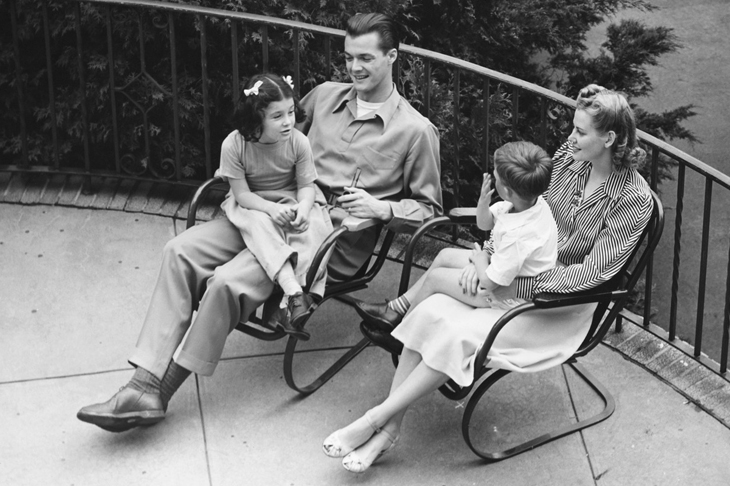When I was chatting to Peta Credlin on Sky News the question came up of the word ‘normalcy’. It has exactly the same meaning as the far more common word ‘normality’– so ‘normalcy’ is not (to be honest) a word we need. ‘Normality’ is recorded from 1839 with the meaning we are all familiar with: ‘a situation in which things happen in the usual or expected way’ (Longman Dictionary of Contemporary English).
Already a subscriber? Log in
Subscribe for just $2 a week
Try a month of The Spectator Australia absolutely free and without commitment. Not only that but – if you choose to continue – you’ll pay just $2 a week for your first year.
- Unlimited access to spectator.com.au and app
- The weekly edition on the Spectator Australia app
- Spectator podcasts and newsletters
- Full access to spectator.co.uk
Or
Unlock this article
Contact Kel at ozwords.com.au
You might disagree with half of it, but you’ll enjoy reading all of it. Try your first month for free, then just $2 a week for the remainder of your first year.














Comments
Don't miss out
Join the conversation with other Spectator Australia readers. Subscribe to leave a comment.
SUBSCRIBEAlready a subscriber? Log in